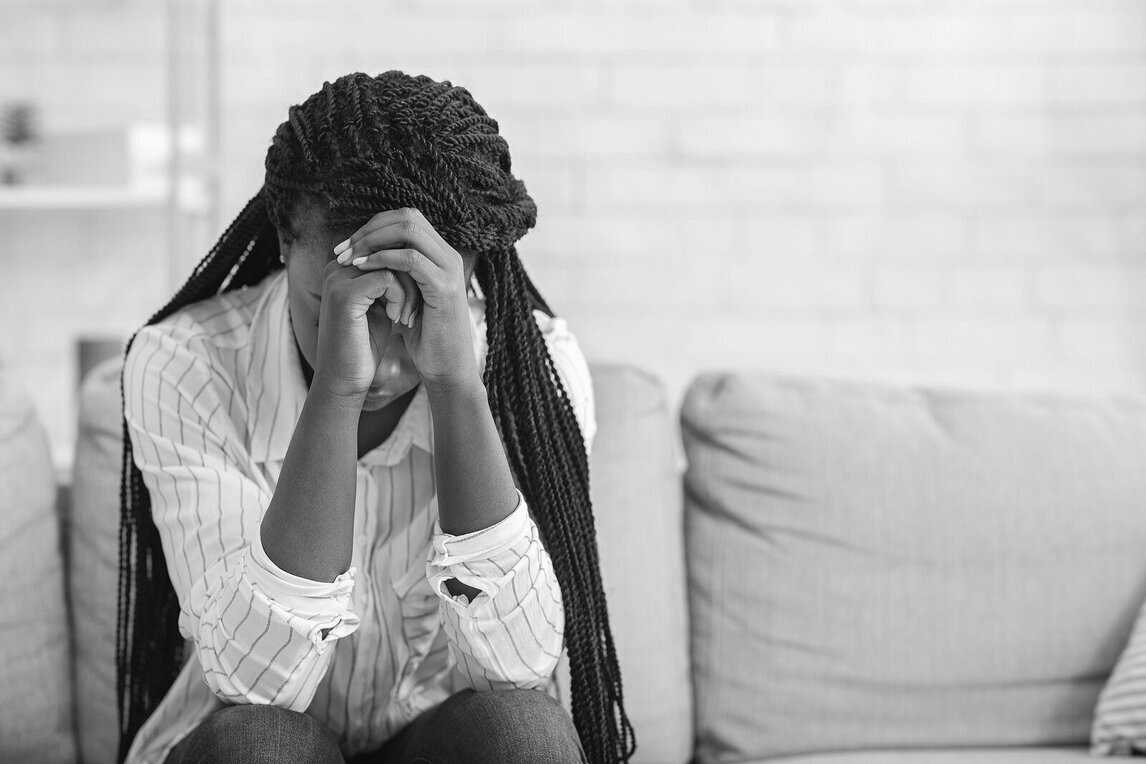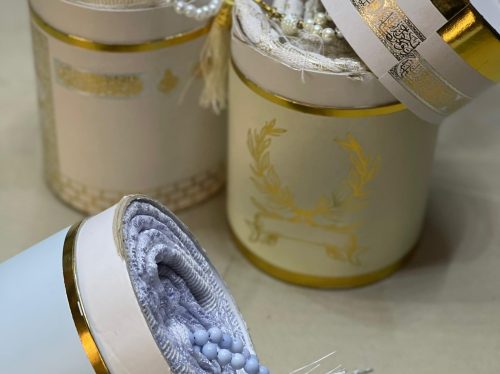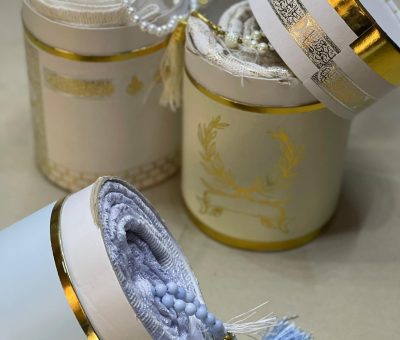- by admin
- in women letters
To date, my father’s betrayal is still hard to bear

As early as eight years in the mid-90s, my life would forever be changed; tragedy struck; HIV had come close to home. We didn’t know that Dad was sick until he died, neither did mom know she was infected, only discovering when she went for tests after dad’s passing. It was then that the horrendous discovery hit her like lightening. She looked shattered and the betrayal was not lost on us.
The major issue was that dad was always in denial. However, when he got cancer of the foot, he realised that there was no chance of proper healing.
While he never spoke about what the underlying disease was and the family remained in the dark, there were tell-tell signs. For instance, his afro was steadily being replaced by thin sparse hair. Family members also noticed that he swallowed lots of tablets, a practice that would later be taken on by mother.
But that was only the start as our mother’s sister to whom she had made a signatory to our accounts since we were minors also got sick.
However, like dad, my aunt was in denial and refused to get tested. During her time of being sick, she suffered a stroke and I was the caretaker. Despite not having protective gear or a catheter, I was supposed to bath her and help carry her out of bed to ease herself.
I also later learned that because my aunt had had multiple partners, she had several HIV strands; something that was unsafe for me as her caretaker. It was this that also quickened her death.
The Luganda proverb, “ebizibu tebimanya nnyumba mbi” loosely translated into, ‘Problems do not know a troubled house’ would soon become evident in our home as we later discovered that our father had infected all our mother’s sisters except one because she was still too young.
This surviving aunt often called our mother a corpse despite the fact that my mother had given her all to ensure she lived a comfortable life. But the stigma did not stop here since other family members joined in.
The beauty of this absurd situation was that mother accepted her status thus embarking on looking for ways to ensure her children got an education. In this quest, she managed to get scholarship for some of us.
The cherry on the cake is that the relationships she had fostered as she hosted her husband’s medical students paid off in her last days. It was these, who were now surgeons that took care of her. The bond had been created as she served them tea whenever they came to be lectured by father who was now immobile due to foot cancer. He had become very good at human anatomy ably teaching it from anywhere.
My parents had also once helped an abandoned pregnant teenager who later paid this kindness forward during their mother’s illness. Her place became a refuge for my older siblings to rest as they took turns to take care of their mother.
However, in these last days, our maternal grandmother refused to take care of mother but happily ate what my elder siblings had brought as she watched mother slowly fade away.
She also went ahead to change all our account names into her name since she had connections in the banking sector. So, as you can imagine, we never enjoyed any of the money that our parents had saved for us.
While God had given our mother the will to fight and continue living for her children, the sting of negativity and segregation led to immense deterioration of her health.
People also started to call us prostitutes despite us being so young. For instance, if someone wanted to help us, people would as, “Are you going to those prostitutes?” This hurt, especially since we had not invited this disease to ravage our parents.
When our mother passed away, those that were already in boarding school would have their school term in Kampala but return to the village to our maternal grandmother for holidays. This is because we had previously stayed in staff quarters, which had to be vacated when our parents died. However, the younger ones had to study from the village.
The negative talk was too much to bear to the extent that we resorted to taking alcohol to drown our problems. However, that was only a temporary solution.
My father and I were very close, but to learn that he had infected someone whom he had claimed to love shattered me. In my mind, I wondered, if someone that I love so much can do that to his loved ones, what would a stranger do to me? This shattered my trust in people.
The writer prefers to remain anonymous





































